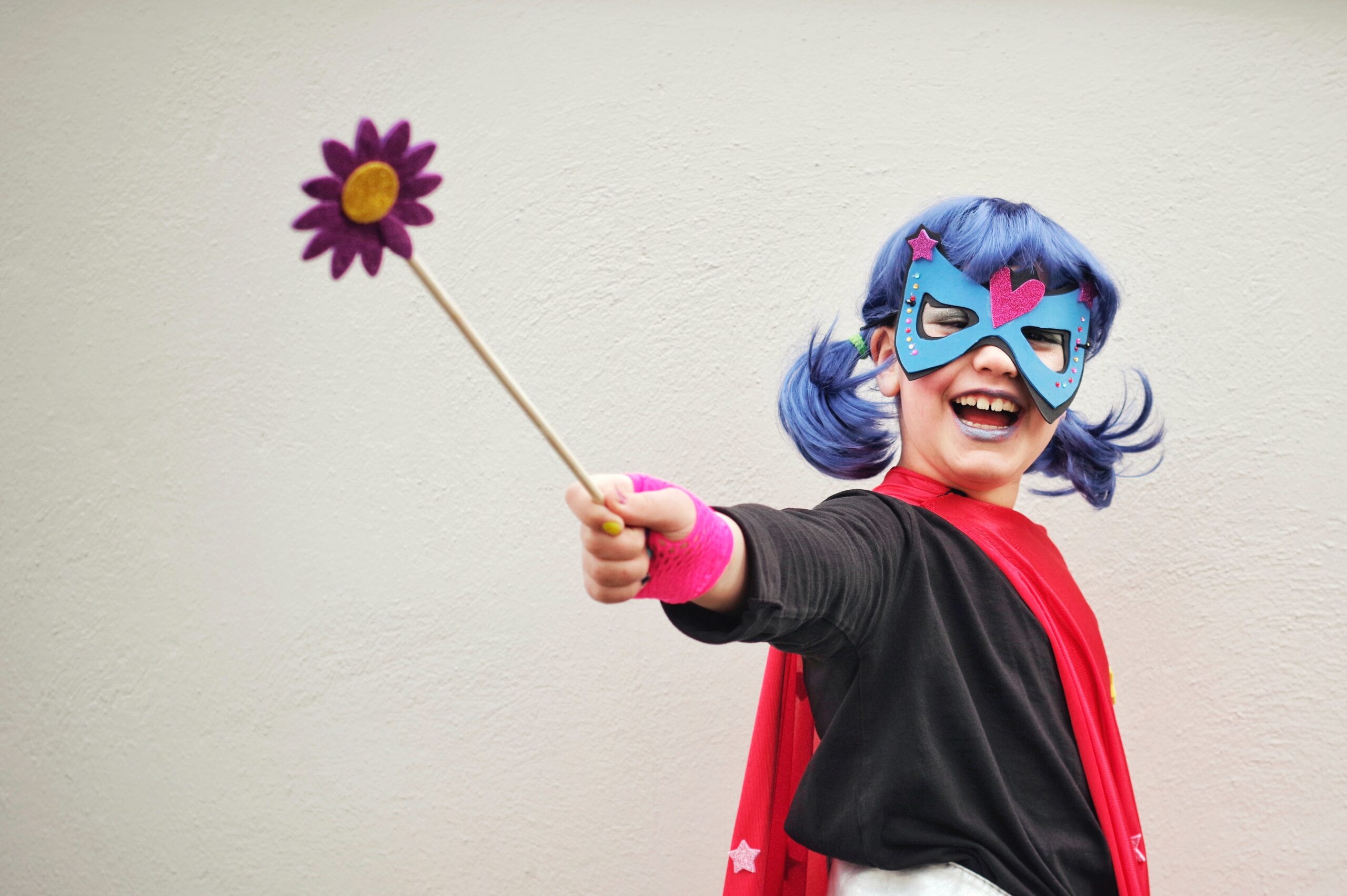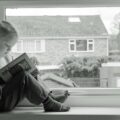Role-playing is an important facet of childhood development for several reasons. Experts note that role-playing helps to enhance the social, emotional and personal development of a child. Furthermore, it can often be used to build trust as well as to teach children about the world around them. Let’s, therefore, look at seven unique role-playing practices which can be used in tandem with the EYFS framework.
Bakeries
Setting up an imaginary bakery is an excellent way for children to learn a bit about cooking using make-believe props. If they are able to interact with “customers” (such as their peers), taking on the role of a baker will help to reinforce communication skills.
Fairy Tales
Taking on the role of a fairy tale character is one of the best ways to encourage the imagination of a child. Parents can choose to read a short story to a child and thereafter ask him or her to recall certain characters or events. This likewise aids in basic memory recall.
Parenting
Children will often want to pretend that they are parents. While girls are more likely to engage in this activity when compared to boys, it can be useful for either gender. Role-playing as a parent or guardian will help to teach fundamental responsibilities as well as caregiving techniques.
Archaeology
Every child loves to discover new things. Parents and teachers can therefore create an artificial sandbox. Placing coins, plastic “dinosaur” bones and similar objects beneath the soil will provide a welcome physical activity during the day. There may even be times when the interest of a budding archaeologist is activated at an early age!
Bank Teller
Maths are a crucial part of the EYFS framework. While proactively monitoring the progress of a child is obviously important within educational settings (take a look at the EYFS online here), role-playing exercises can also provide valuable insight by providing little ones with activities to passively apply fundamental mathematical concepts. Creating a make-believe bank and providing children with play money will enable them to perform basic tasks such as addition and subtraction.
Exploration
A vital portion of early childhood development involves the ability for children to discover the world around them. This is the very same reason why exploring nearby surroundings has been one of the most well-known role-playing exercises for centuries. Children will be able to expand their notion of the outside world and appreciate how their actions can impact other objects. Exploration exercises have also been shown to be useful for children who exhibit slight symptoms of shyness or timidity.
These seven role-playing exercises are as useful as they are as fun. Thankfully, they are also easy to implement and they will not require much of an investment. While childhood development during the EYFS stage is critical, there is no reason why it also cannot be extremely exciting. Children will love what is in store and adults can actively monitor how their little ones are progressing.




